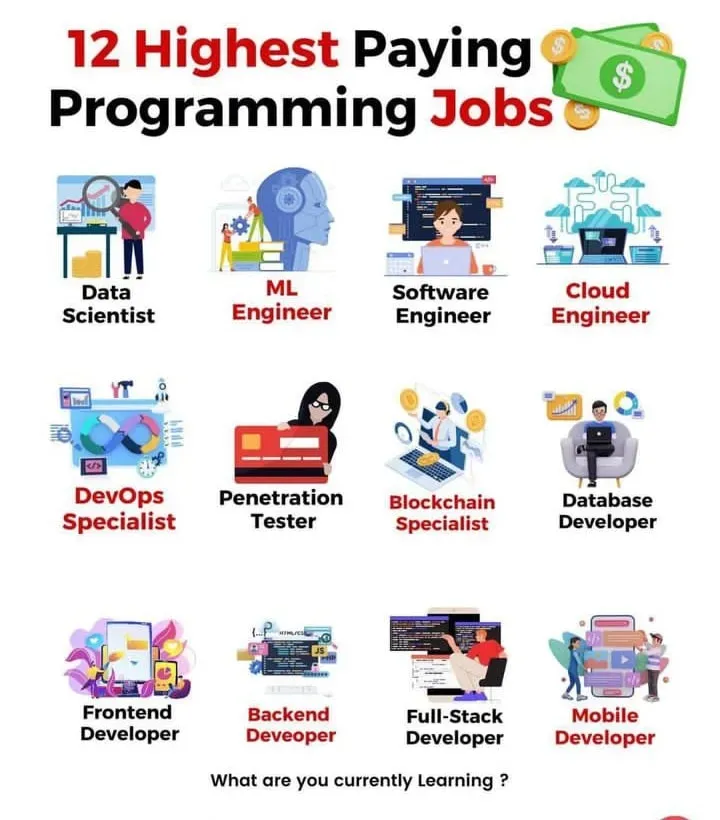Daily coding habits shape how quickly you transform curiosity into competence, turning small, consistent actions into lasting programming strength, and they set the tone for your entire learning journey. Regular practice beats bursts of effort, and this steady rhythm accelerates progress toward programming mastery by reinforcing correct patterns, building muscle memory for common tasks, and reducing the cognitive load of new concepts. By replacing heroic sprints with repeatable routines you can build dependable skill without burning out, creating a reliable framework for tackling problems, reviewing mistakes, and measuring growth over time. This guide highlights daily coding routines, programming mastery tips, and effective coding practices that translate learning into measurable results for developers, offering stepwise strategies, templates, and checklists you can adapt to your goals. With consistent, small steps; habits for developers and efficient learning to code, you’ll create a sustainable path to mastery, ensuring progress compounds as you apply what you learn to real projects.
Think of a productive programming routine as a steady drumbeat that turns study into action, helping you apply concepts with confidence. Rather than long, sporadic sessions, sustainable progress comes from regular, focused cycles—consistent practice, deliberate drills, and iterative problem solving—that reinforce technique. By reframing the topic with terms like routine coding discipline, ongoing skill refinement, and efficient learning strategies, you signal related concepts to readers and search engines alike. This lateral vocabulary supports discovery, ensures coverage of semantically related queries, and keeps your content engaging without overrelying on one phrase.
Daily Coding Habits and Routines for Programming Mastery
Establishing daily coding habits and structured routines turns small, deliberate actions into lasting skills. By treating practice as an investment rather than a sprint, you compound knowledge, reinforce patterns, and accelerate mastery beyond sporadic bursts. Embracing daily coding habits creates momentum, deepens your understanding of algorithms, and leads to cleaner code and faster problem solving, all guided by programming mastery tips and effective coding practices.
To make this sustainable, design a practical day that blends a consistent kickoff, short focused sessions, and reflective review. A tight practice goal anchors your session, a 15-20 minute warm-up reinforces fundamentals, and brief post-block reflections help you encode what worked and why. This approach aligns with daily coding routines, emphasizes efficient learning to code, and reinforces the core habits for developers that power consistent growth.
Metrics, Feedback, and Mindset for Sustainable Coding Mastery
Mastery requires more than effort; it demands meaningful metrics and accountability. Track weekly progress such as problems solved, time spent reading, incremental test coverage, and refactoring milestones. Regular weekly reviews reveal where you’ve advanced and where you’re plateauing, enabling you to adjust your daily coding routines for continuous improvement with a focus on efficient learning to code and programming mastery tips.
Feedback loops—self-review checklists, peer reviews, and brief pair programming sessions—ignite growth. Use clear criteria for readability, naming, edge cases, and performance, and translate feedback into concrete practice adjustments. This strengthens practical habits for developers, reinforces daily coding habits as a discipline, and keeps your development trajectory aligned with long-term mastery by incorporating programming mastery tips.
Frequently Asked Questions
What are the core daily coding habits that drive programming mastery and reinforce effective coding practices?
Adopting a consistent daily coding habit starts with a reliable kickoff, short practice blocks, and regular reflection. A typical routine includes reviewing yesterday’s notes, setting a tight practice goal, and a brief warm-up—these daily coding routines reinforce programming mastery tips and effective coding practices. Over time, this steady cadence reduces cognitive load, speeds up problem solving, and makes growth measurable for developers.
How can you structure short, focused practice sessions within your daily coding routines to maximize efficient learning to code?
Structure each session around 25 minutes of focused coding followed by a 5-minute break (Pomodoro). During the block, avoid multitasking and pick problems that slightly stretch your abilities. After each block, jot one sentence on what worked and what didn’t to reinforce learning and track progress, aligning with habits for developers and programming mastery tips. This approach sustains momentum and accelerates long-term skill gains through deliberate, efficient practice.
| Section | Key Points |
|---|---|
| Introduction | Regular practice beats rare bursts of effort. Daily coding habits enable repeatable routines and compounding skill; small, strategic actions lead to measurable progress. |
| Why daily coding habits matter | Mastery is a marathon; consistency creates momentum. Daily coding habits help you internalize patterns, understand algorithms deeply, write cleaner code faster, and debug with confidence, reducing cognitive load and burnout. |
| 1) Start with a consistent daily kickoff | First hour sets the tone: review yesterday’s notes, define a tight practice goal, and warm up with a 15–20 minute exercise to reinforce fundamentals. |
| 2) Embrace short, focused practice sessions | Use time blocks (e.g., 25 minutes coding, 5 minutes rest). Focus on one task, practice with intention, and journal outcomes after each block. |
| 3) Code review, reflection, and feedback | Self-review checklists; pair programming or peer review; capture concrete takeaways to guide future sessions. |
| 4) Read, summarize, and replay concepts | Read selectively; summarize in your own words; replay concepts by implementing small code examples. |
| 5) Environment, tools, and ritual setup | Configure device/editor for visibility and speed; practice version control; automate repetitive steps. |
| 6) Metrics, accountability, and continuous improvement | Track meaningful metrics; conduct weekly reviews; establish accountability rituals to sustain momentum. |
| 7) Common pitfalls and how to avoid them | Avoid perfection paralysis, inconsistent schedules, and overemphasis on theory; balance practice with small, real projects. |
Summary
Daily coding habits form the backbone of sustainable programming progress. By embracing regular, focused practice, reflection, and continuous learning, you turn small, deliberate actions into lasting skill growth. The routine matters as much as the content: consistency builds intuition, reduces cognitive load, and enables you to tackle increasingly complex coding challenges without burning out. Start small, stay steady, and let these daily coding habits compound into mastery over time.



